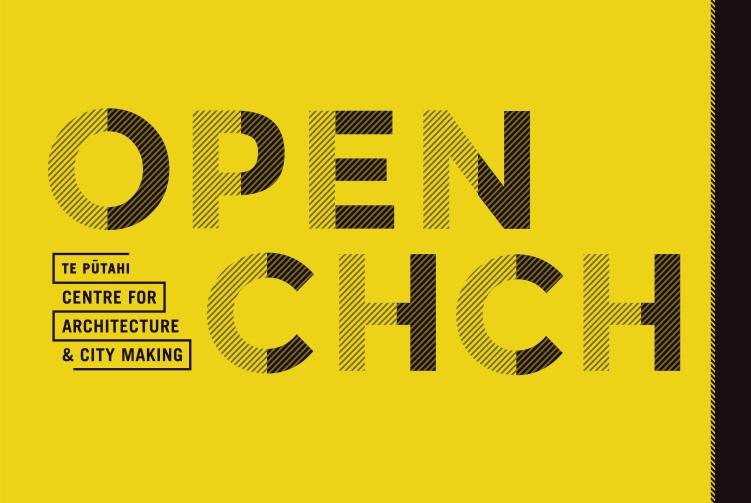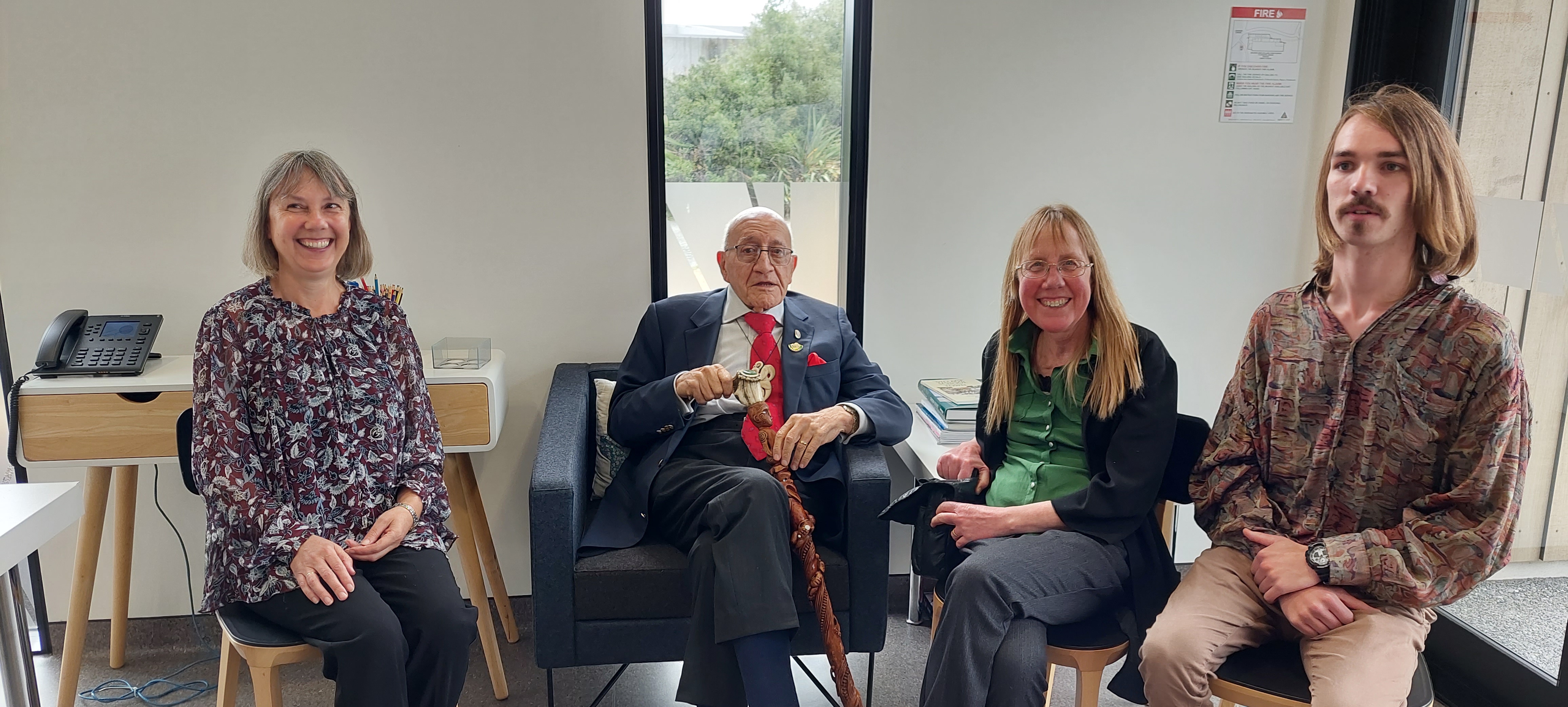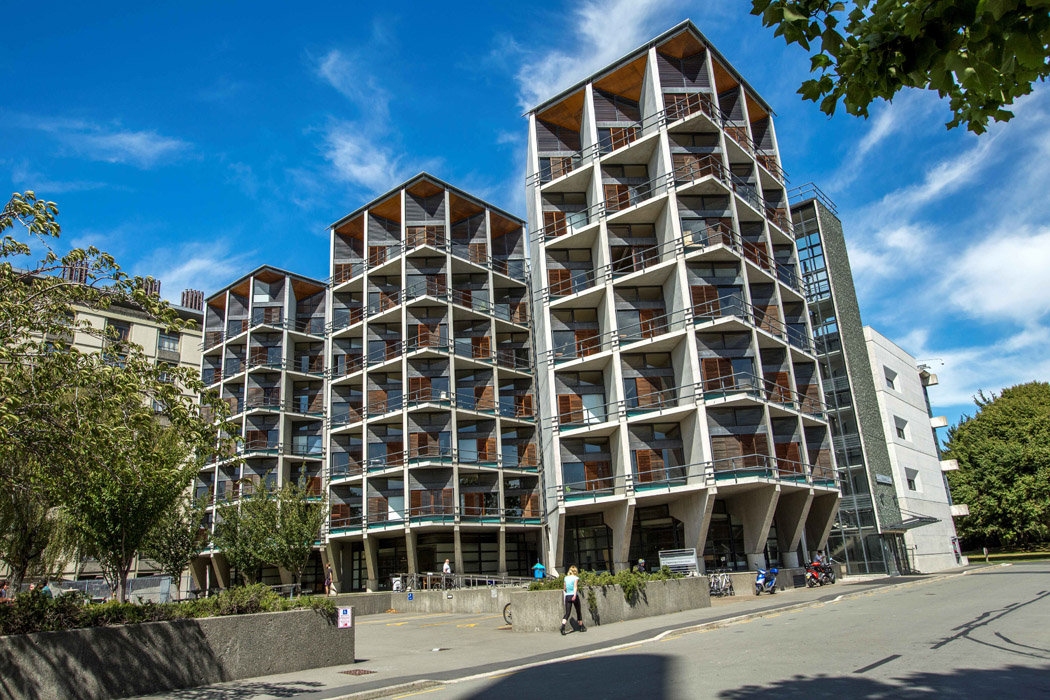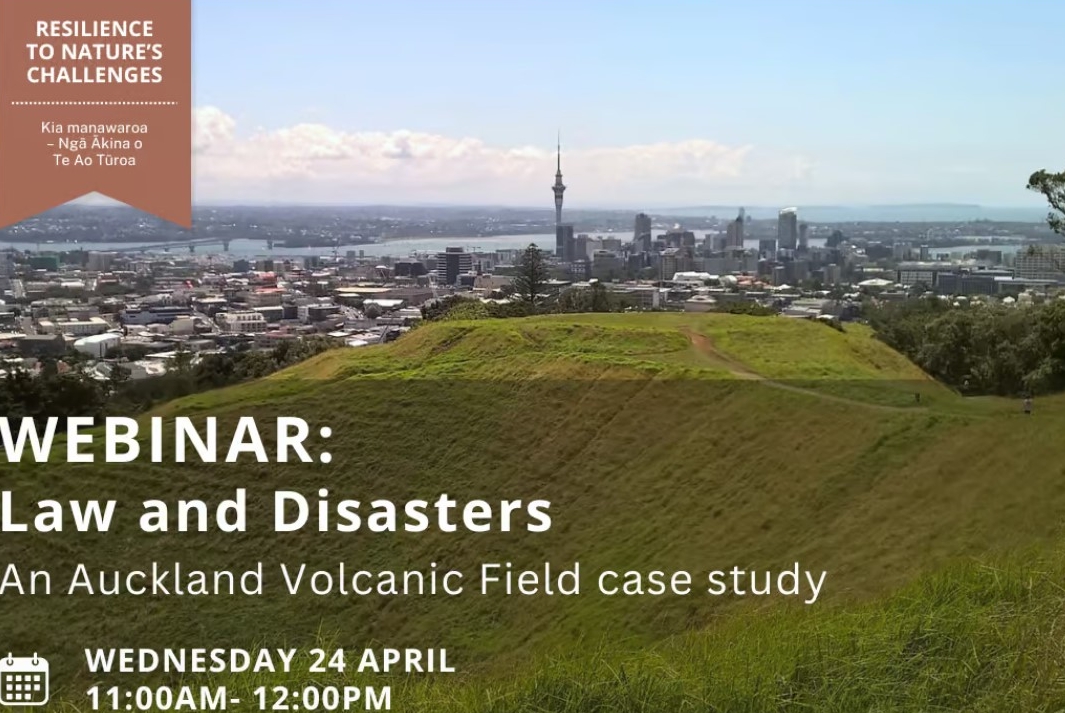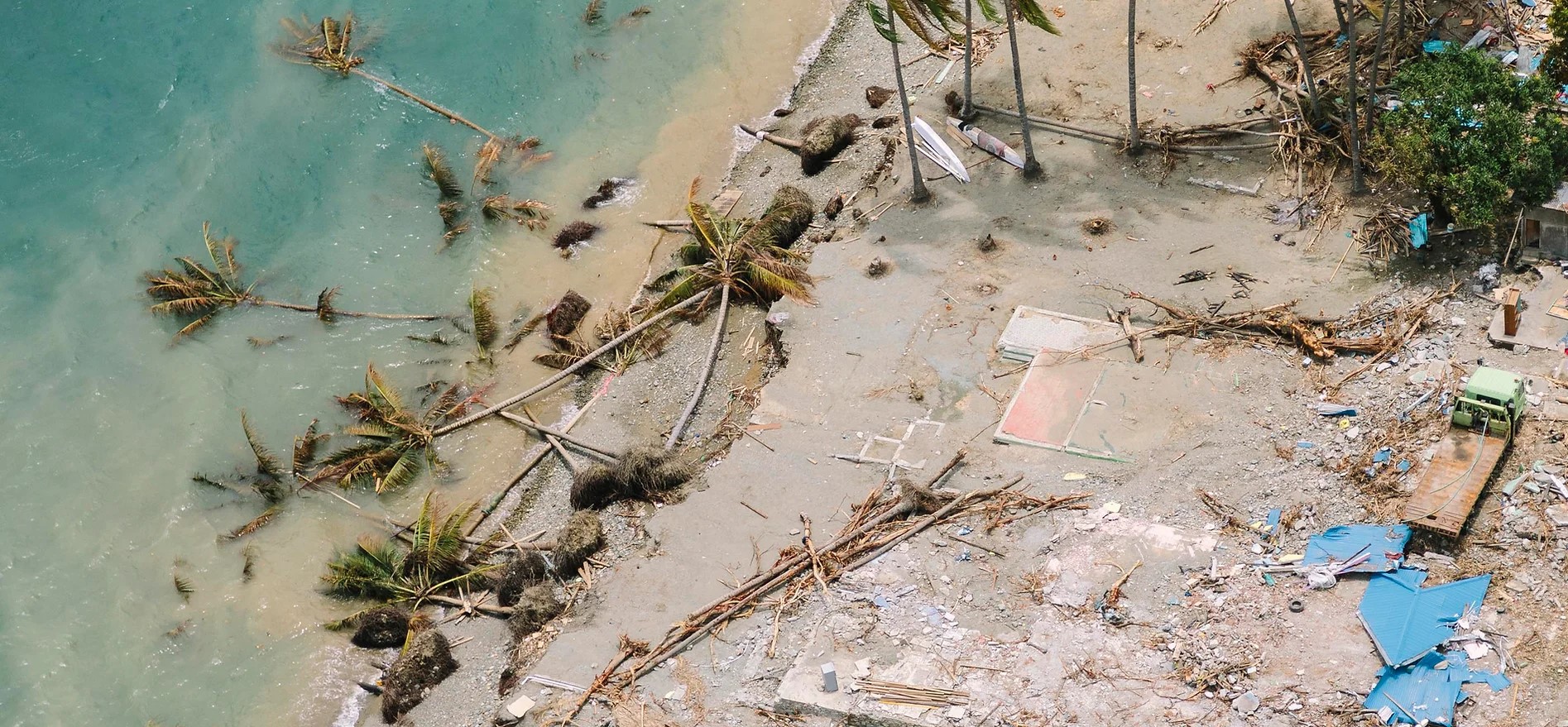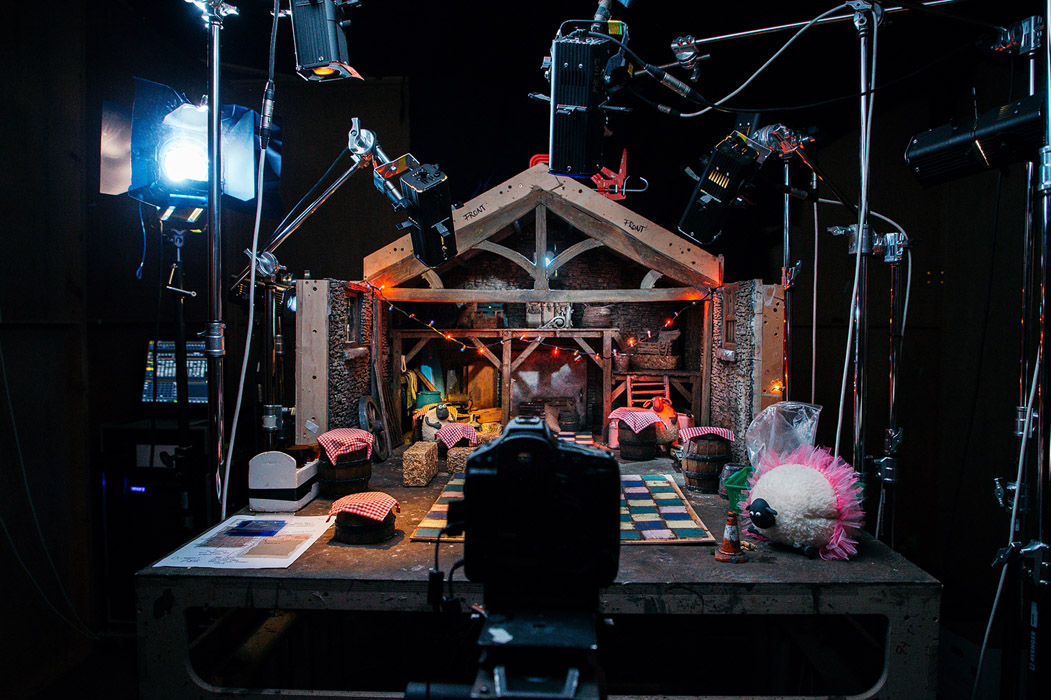University of Canterbury economist Stephen Hickson
The Reserve Bank of New Zealand (RBNZ) announced a cut to the Official Cash Rate. University of Canterbury Economist and Director of Business Taught Masters, Stephen Hickson, explains what that means and what impact it could have:
“This week the Reserve Bank cut the Official Cash Rate (OCR) to 1.5% – its lowest ever value. Once upon a time the RBNZ had to worry about getting inflation down to the 2% mid-point of their 1-3% target range but not today. The annual inflation rate has only been over 2% once since March 2012.
“For a while now, New Zealand has been importing deflation (falling prices) with prices for internationally traded goods and services falling by an average of 0.6% per annum since 2012. Increasing global competition, the expansion of production capacity in China and cheaper ways to distribute goods and services (think Netflix vs DVDs) has meant many things have become cheaper – much cheaper.
“And while other things have risen in price, the overall impact is to keep inflation well under control and lower than the RBNZ aims for. Cutting interest rates has the effect of enabling consumers and firms to spend a bit more and with a bit more spending usually comes a bit more inflation – well that’s the plan anyway.
“But the RBNZ is heading into new territory and they are running out of room to cut interest rates. What happens if inflation stubbornly refuses to come back to their 2% target and they run out of room to move?
“They may need to do what the US Federal Reserve did in the wake of the 2008 Global Financial Crisis and directly increase the money supply by buying bank debt – but for that trick to work, banks have to be willing to lend and consumers to borrow.
“Even more radically they could buy government debt and never demand the government buy it back – effectively printing money. But this is risky as governments can get to like the extra money too much and it often ends in tears.
“The RBNZ will be keeping their fingers crossed that they don’t need to drop the limbo stick much further than they did this week or RNBZ Governor Adrian Orr may have a headache and a backache on his hands.”


